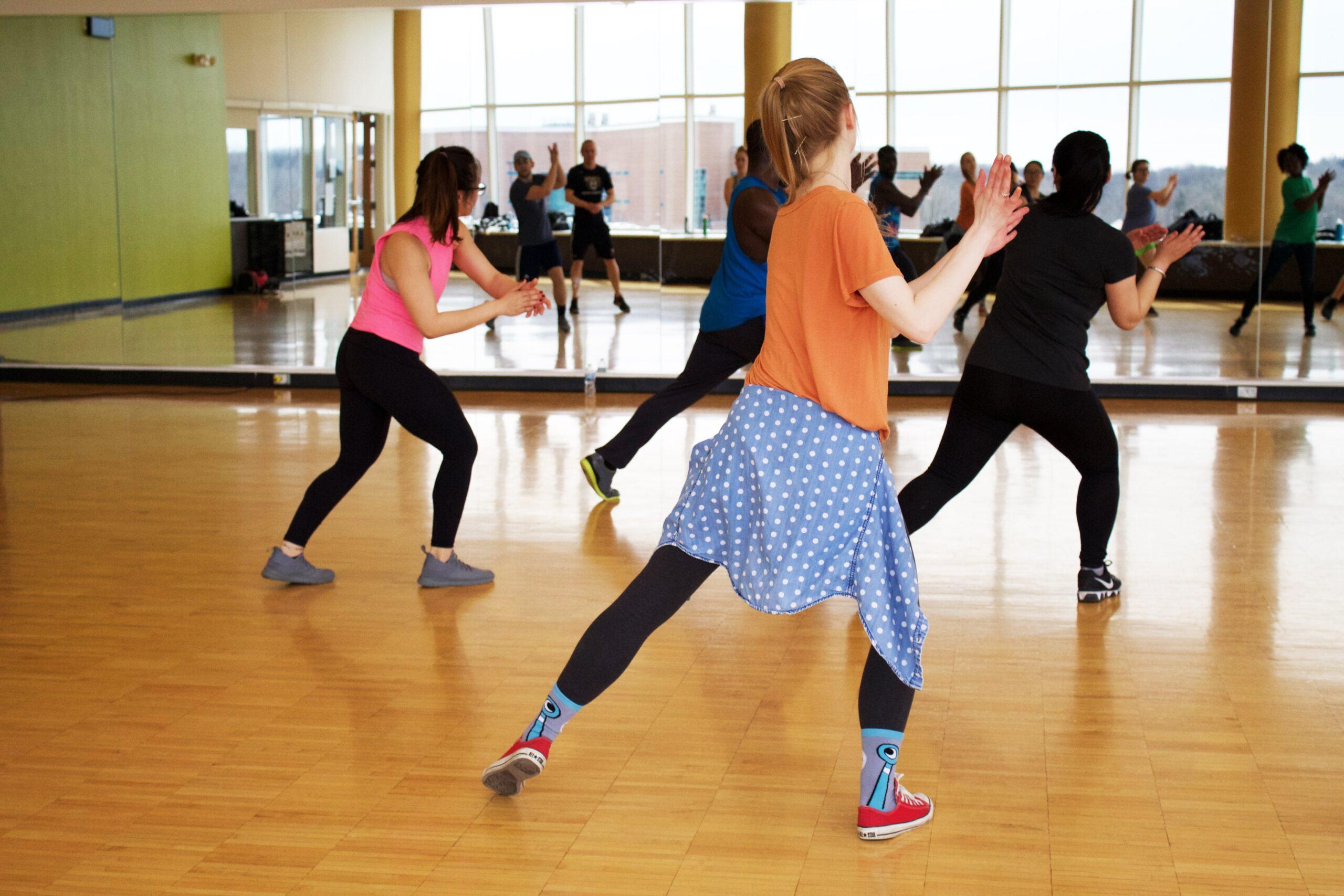What are your favorite memories of school? Playing with friends? Working cooperatively on creative projects? Unfortunately, the focus of education has shifted since the time when these memories were made. Schools are now pressured to produce higher state test scores. This change, along with budget cuts, has reduced the diverse activities explored during school time. Teaching health, wellness, art, music and physical education is dwindling in many classrooms, as is the opportunity for children to grow in an atmosphere that boasts various teaching styles. The lifetime skills and values that were once learned in school, like decision-making, communication and socialization, are rarely taught in today’s classrooms.
“Teachable moments,” when a teacher may go off on a tangent because someone brought up an interesting topic, are also diminishing because the focus of the classroom has shifted. So where do children go to learn important life lessons? Afterschool programs help to fill the void— and up the fun factor in a child’s day.
Especially in households where both parents work, afternoon activities allow children to be surrounded by peers and positive adult role models on a consistent basis. Just as with academic skills, life skills take practice. Children need situations where they can interact safely in a non-threatening environment. Kids also need the time and resources to complete homework and projects after the school day ends. Afterschool programs often provide such a space with qualified individuals overseeing children’s development. This way, when children head home following programming, parents can spend quality time with their kids after dinner for talking, mentoring or simply being mom and dad.
District-run afterschool programs, athletic leagues and programs featuring art, music, gymnastics, karate, summer camp and other experiences teach values and life skills. To make the most of these outlets to aid in children’s healthy development, parents should ensure that adults with the necessary qualifications are overseeing programming that their children frequent. Know who is working with your child. Look for certified teachers, competent instructors and dedicated professionals who have undergone years of training and have worked extensively with children. Professional experience should enable program staff to assess varied situations involving children and to respond quickly and effectively.
While educators may not be afforded the classroom time to teach crucial life lessons, many teachers possess the knowledge and skills to teach kids in a variety of outside venues, like the history teacher at your child’s school who might work as a museum program leader one afternoon a week. Whoever is leading afterschool activities, parents should obtain references or recommendations from other parents to ensure that the selected environment will provide a productive experience and a good fit for your child.
Also, plan to observe the activity of choice before registering to determine:
- How much physical activity is being done?
- What is the level of student interaction?
- Does the program staff engage all children so that they may each achieve some success?
- Do program activities incorporate the importance of health and wellness?
- Are kids given opportunities and the necessary information to make responsible decisions?
Children need programs led by experienced educators who can supervise activities that enable kids to develop lifelong skills for success in an ever-changing world. Kids need an environment that encourages healthy risks and allows for free expression and play in a safe setting.
Many new programs are surfacing that incorporate diverse activities necessary to develop varied skills all under one roof. Do your research before selecting any program. Choosing the correct programming is instrumental in your child reaching his full potential and becoming a happy, well-adjusted and successful young adult.




